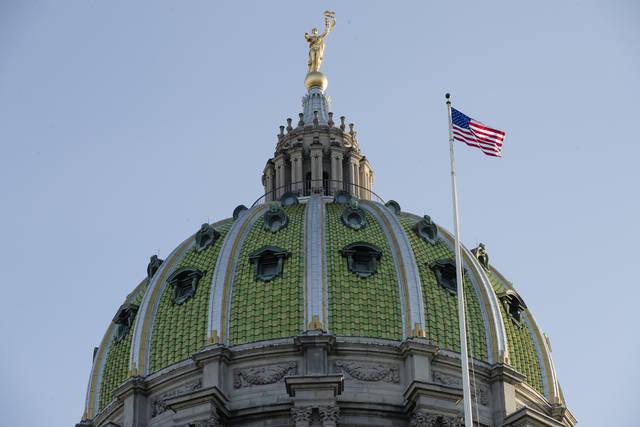|
Editorial: Grand jury reports are trust and truth
Tribune-Review
A grand jury report is not the kind of thing that is released every time it is issued. We may not know every grand jury that is impaneled. We are not told when they hear a case. We do not know what witnesses appear before them. We may never hear about the charges that are not recommended. But when we do, the reports mean something. Usually, the something is big. In 2011, an investigating grand jury recommended child sex abuse charges against retired Penn State football defensive coordinator Jerry Sandusky. In 2018, another uncovered details of 70 years of child sex abuse in Catholic Church dioceses. But a task force wants to prevent reports like those from being released. A two-year review of the state grand jury system resulted in a 4-3 recommendation to abolish the public reports. That decision was noted, ironically enough, in a report released publicly. The grand jury process is conducted largely under a veil of secrecy. That makes sense for the job that is being done — investigating issues of public corruption and organized crime. But the report, especially a report like that on the church scandal that explored decades of wrongdoing across so many jurisdictions, occupies an area of public trust and truth that should absolutely be maintained. It should be allowed because it does not just show where the defendants fell down. It shows where the state does, too. Without the 2011 report that showed holes in the fences that protected children in the reporting process, would the public have demanded action? Would the state have made changes to the requirements for background checks and mandatory reporting? Without the 2018 report that showed how a large organization could be incentivized to contain information rather than report potential abuse to authorities, would the state have taken up discussions about changing the statute of limitations for suing those organizations? Without public outcry, what else won’t change? And how can the public cry out if there is no information to show them what needs to be changed? The General Assembly would need to take action to eliminate the reports. Those are the same legislators who responded to the uproar the reports created. Let’s hope they realize the impact the reports had, and know they have to answer to the public about any decision they make.
|
.
Any original material on these pages is copyright © BishopAccountability.org 2004. Reproduce freely with attribution.
